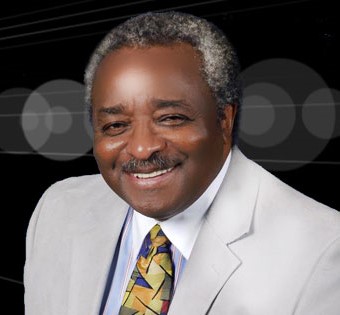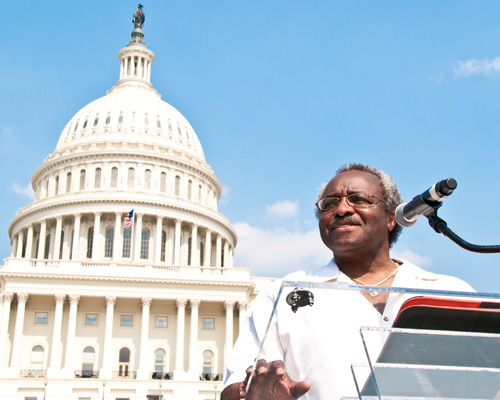Law, War & Politics
By Johnny Barnes
I have studied law, and I have studied war and I have studied politics; and I have come to regard them as one in the same.
Like water and oil, the elements of each are separate and distinct. Yet, put them together, and they join. To the untrained eye, when mixed, they remain detached and discreet. The skilled and tested however, especially those who have experienced each, know that practicing one is no different than practicing the other.
This writing began as an autobiography of one of the least educated but most learned men I came to know, Congressman Lucien E. Blackwell. “Lu” and I spent countless hours together. He would talk. I would listen. Then I would recount the conversations in text, pass these words back to him and make important adjustments, based upon his comments. Through this process, I believe I began to capture the essence of the man.
Lu was a political giant who had also studied war. His political career was cut short, nonetheless, because he did not apply the principles of war to the process of politics. He then died well before his time, and our journey into the depths of his wisdom and knowledge was never realized.
It is important, I think, to preserve the ideas of this great mind.
My initial thought was to seek to publish an unauthorized biography. The material he and I developed, however, is not sufficiently complete to serve as the guideposts that he intended and I sought to construct.
It then occurred to me that it might be possible to combine the views of Lu and another superior thinker who influenced me, Congressman Walter E. Fauntroy, a Yale trained Minister, tested on the front lines of movement politics, and schooled, like Lu, in the deliberative task of lawmaking. His political career too ended in an untimely manner because his ministerial instincts did not allow him to be a dedicated to the true art of war.
While I spent more hours with Walter than I did with Lu, and I learned much at his feet, as he intentionally taught, we never formally undertook to conserve his instruction.
So, this book combines what I learned from each with what I learned about war and offers to those who would dare to step forward a possible roadmap for the kind of leadership that counts; making a difference, having an impact, leaving a legacy.
Minefields need not be fatal if one first has clarity that they exist, is not disheartened about why they exist, calculatingly probes them to visualize where they exist and carefully walks through them unharmed or eliminates them, so they cannot cause harm.
I present these notions from the perspective of a man. I am a man. Women who fashion themselves as leaders can too benefit from this vision shared with me by two other men.
I also present these notions with much humility. The forty-fourth President of the United States is a Black man. Thus, some, perhaps many of these ideas may no longer seem relevant. President Barrack Obama conducted a skillful campaign, one from which much can be learned.
But, as Walter often reminded me, it is one thing to win. It is still another to govern. The jury remains out on the legacy Barrack Obama will leave. And, it certainly remains out on those of color who might wish to emulate his deeds, without the benefit of these words. For now, he is the standard bearer for Black America, and I do not here challenge his station.
President Obama has studied law. And, he has studied politics. He has not studied war.






